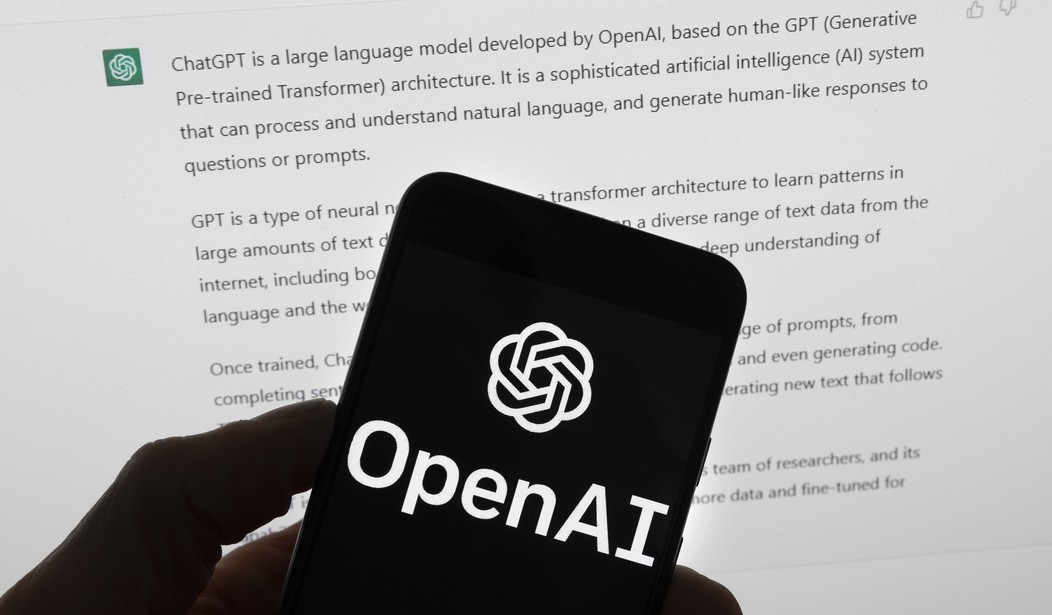Artificial Intelligence is ripping through every sector of the global economy. In the process, it is reshaping jobs, industries, and global power dynamics. The scale of change is unprecedented and extraordinary. It is also showing no indication of slowing. AI now undergirds innovation, economic growth, and geopolitical influence. To ensure U.S. workers—and the United States itself—lead in tomorrow’s economy, Washington must urgently implement policies to overhaul the education and workforce systems. This agenda cannot enjoy the luxury of delay. Roughly 60 percent of today’s jobs emerged in the last 80 years.That pace of change will require adjustments; across society, the economy, and the government.
Talent is a Strategic Asset
Talent is critical to great-power competition. That has long been the case. Great Britain’s global edge in the 19th century came from its innovators. They produced the inventions that made the country the workshop of the world. Then it was the United States’ turn, and the nation benefitted mightily from the waves of immigration that brought talent to its shores. Not for nothing has the generation of European scientists who fled Europe for the United States been described as “Hitler’s Gift.” Military strength and economic clout are inseparable from talent. And, today, the United States’ edge depends on its ability to import and cultivate world-class AI expertise.
Public and private sectors must work closely together to ensure that the United States has the expertise it needs. Government cannot sit back and expect business to do everything. Rather, policymakers must channel investment into America’s workforce, to future proof it and, in the process, secure U.S. economic and national security leadership. That includes retraining workers and ensuring the next generation has the skills and training necessary. At a minimum, that means age-appropriate curricula in K–12 education, from teachers who have benefitted from robust development programs. This thought must extend to higher education and policymakers must fashion flexible, AI-infused higher education pathways. And, then, mid-career workers must have access to reskilling opportunities. Naturally, government is central to this program. But government cannot act alone. Only a coalition of educators, employers, and policymakers can build a resilient, inclusive AI talent pipeline in the United States.
Recommended
Mobilizing for an AI Future
Last week, a White House Task Force on AI Education officially launched, marking a significant step in the federal government’s push to bring artificial intelligence into the U.S. education system. The goal is clear: help build a future workforce that actually understands and can work with AI, not just use it passively. By focusing on introducing AI concepts early and training teachers more effectively, the Task Force hopes to turn students into creators and innovators in this space—not just consumers.
And there are signs that the entire nation, not just the federal government, understands the stakes. SCSP hosted the AI+ Expo in Washington last week and saw leaders from industry, government, and academe come to the Expo center to talk about how the United States competes in the 21st Century. The United States stands at a strategic inflection point. The decisions we make today will have a ripple effect on generations of Americans to come.
An AI-Ready Nation
Past technological revolutions have surged across countries, overturning industries and—without careful government action—hurling workers into deep pools of unemployment. The pace of change today might be unprecedented but it can also be perceived. Action can be taken. And it should be taken. Strategic investments in AI education today will pay off tomorrow. And, from them, American strength, prosperity, and freedom will follow.
Our education and workforce systems must be reimagined. They must cast aside their origins in the industrial age. They must have AI fluency embedded in them—at all levels of learning. That will do more than anything else to narrow the skills gap, supercharge innovation, and establish leadership in critical technologies.
The economy has long since ceased to be thought of in solely economic terms. A nation’s security—its national security—depends upon the economy and its strength. That means that the challenge of reskilling is not solely economic. Rather, it is a national security imperative. It must be treated as such.
Presented by the Special Competitive Studies Project

























Join the conversation as a VIP Member